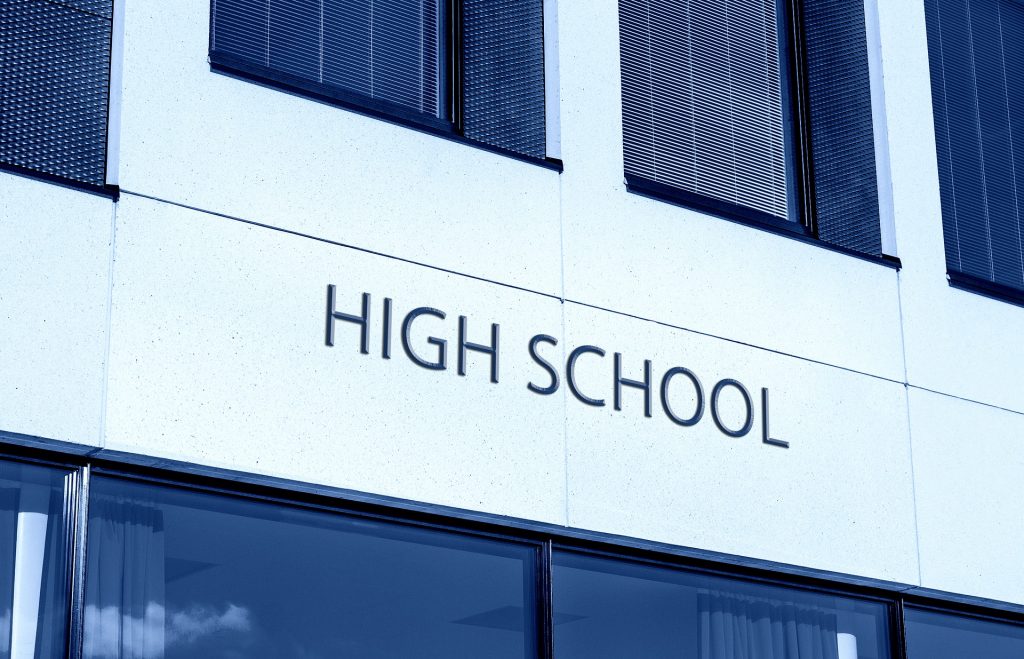I just love Amy Chan’s article on anonymity, success, and the feeling of being “less than” that I believe is not uncommon at schools like Penn. Check it out in the Daily Pennsylvanian, or read it here:
A week ago, I was in my kitchen, scooping out fist-sized balls of Haagen-Dazs green tea ice cream, ready to gorge myself as a reward for all the night’s hard work (two essays on French colonialism and the French Revolution — whew!), when I overheard my roommate say something which piqued my interest.
She was talking to an interviewer, presumably over a Skype call, answering some question I couldn’t hear clearly because the interviewer’s voice was too deep. And then she said this: “Well, when I came here, it was the same old story, you know — a small fish in a big pond.”
She carried on a little longer explaining, and I snorted and whispered to myself, “Story of my life.”
At the time, I felt a brief pang of empathy and then continued right on with my gluttony. But those words reverberated in my head for the rest of the week: “a small fish in a big pond.”
In my early years at Penn, it was something my father had said to me when I cried to him with feelings of inferiority. “Amy,” he would sigh and shrug, “You’re just a small fish in a big pond now. What can you do?”
Oddly enough, being a small fish in a big pond was something I was excited about before entering college. I was the big fish in my hometown, the koi in those westernized Japanese gardens in bourgeois intellectual homes. Not only was I bigger and faster than the other fish, I made it look easy, too. Everyone knew my name, partly because I was one of the only Asian kids in a class of 50, and partly because I always swept the awards at the year’s end.
I thought that being a small fish, being anonymous, would be freeing. For once, I could be whoever I wanted to be.
But I never realized how worthless being mediocre can make us feel. I’m sure that everyone at Penn has experienced at some point the sensation of being “less than,” of trying one’s best and still falling short.
Suddenly, we think that we need to be successful. Much of our identity and self-respect was founded on this aspect. To my shame, when I started being merely mediocre in my English classes here, I realized that a lot of my love for languages and writing was based on my skill in them.
The revelation came for me in reading a poem for class by Marianne Moore, with the killer first line: “really, it is not the business of the gods to bake clay pots.” The poem makes an analogy between bragging about one’s achievements and baking a clay pot. We try to make something materialize by speaking positive words about ourselves, but in the end, all we create is more mundanity. The gods are those who are superior by their very being, who have no need of grabbing achievements nor of saying something about them to be divine.
Moore’s humility was such a striking contrast to the rest of our class’s Modernist poets — who either considered themselves the greatest or wanted to be. For Moore, the simple act of writing was enough, and even then, she never considered her writing extraordinary. In reading Moore, I was transported back to my high school days, when I stuck Emily Dickinson’s “I’m Nobody!” to my computer: “How dreary — to be — Somebody! … To tell one’s name — the livelong June — / To an admiring Bog!”
With the exception of the best, we will all be nobody in some parts of this world, so we might as well learn to accept it. Being a small fish can be better than being a big one, because when we’re small, we have more room to wiggle, to move around, to see the little beauties the big fish miss because of their enormity.
The world nowadays pressures us to make our names known, but there is something wonderful about a life lived with intention, intimacy, for one’s self. To truly know who we are apart from our accomplishments, to keep the secret of ourselves to ourselves, can often be a more difficult task than blurting out who we think we are to those who don’t care and aren’t listening. And as we Penn students know, the more difficult task, when it is achieved, tends to be the more meaningful one.








